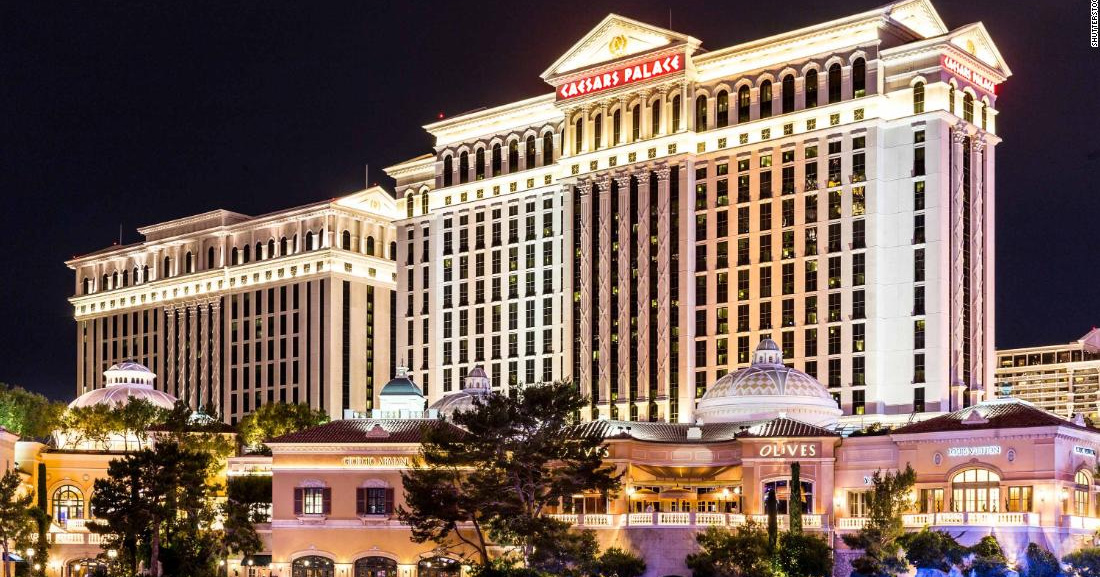Four of the biggest casino and hospitality companies in Las Vegas have become embroiled in a price-fixing scandal for hotel-goers on the Strip.
A lawsuit, filed on 25 January, cites MGM Resorts International, Caesars Entertainment Inc., Treasure Island LLC, and Wynn Resorts Holdings as defendants accusing them of conspiring to inflate hotel prices for Vegas visitors over the last four years.
Between them, they own 20 of the 30 hotels on the Las Vegas Strip including Bellagio, Caesars Palace, Mandalay Bay, Paris, Planet Hollywood and the Encore at Wynn.
The allegation centres around the Rainmaker platform. Rainmaker is a revenue management platform used by all the accused companies and owned by Cendyn Group, who is also a defendant.
It uses an algorithm that recommends future, room-specific prices to hotels. However, rather than providing competitive room prices for tourists, and to help fill empty hotel rooms, the lawsuit claims Rainmaker focused instead on helping hotels maximize their profits at the expense of consumers.
“In a competitive market, any empty hotel room is lost revenue, so a hotel operator would try to fill each hotel room by granting concessions or lowering prices,” the lawsuit says.
“By contrast, on Rainmaker Group’s recommendations and as an integral part of the conspiracy, Hotel Operators kept prices high and some rooms empty, knowing their co-conspirators would not undercut these supracompetitive prices.”
Steve Berman, Managing Partner of Hagens Berman, the law firm seeking to represent consumers in the case, said: “Our antitrust attorneys have uncovered what appears to be an unlawful agreement in which Rainmaker collects and shares data between Vegas hotel competitors to unlawfully raise prices of hotel rooms.
“What happens in Vegas will no longer stay in Vegas. We intend to expose the under-the-table deals perpetrated by these Vegas hotels, and we intend to hold them accountable.”
According to the Las Vegas Review Journal, room prices on the Las Vegas Strip hit record highs in 2022 with the average rate per night over $200.
“By incentivizing its users to suppress the supply of hotel rooms, Rainmaker artificially drove up prices and directly harmed consumers,” Berman said in a statement. “These corporations created a scenario in which the house will always win, and they’ve broken the law to do so.”
Hagens Berman believes there are tens of thousands ‘if not hundreds of thousands’ of holidaymakers who could be affected. There is a possibility they could seek damages.
They are asking anyone who stayed at any of the hotels owned by the defendant companies on or after Jan. 25, 2019, to fill out the form below and join the class action suit at no cost to themselves.
You can follow Begas Vaby on Twitter, Facebook and Instagram, and make sure you’re subscribed to our YouTube channel too.


